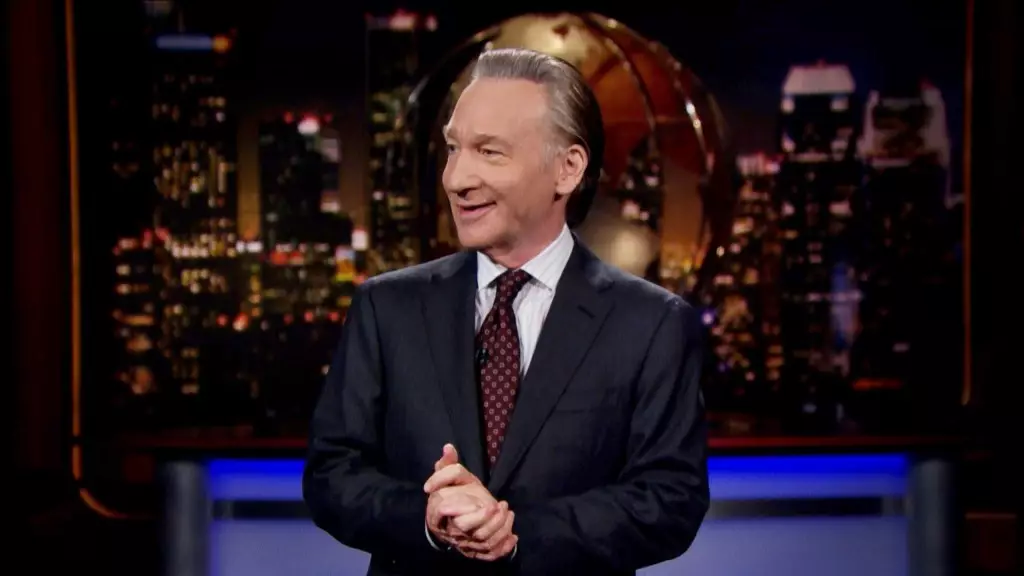Eric Schlosser, a respected authority on the food industry, recently appeared on Bill Maher’s Real Time to discuss the looming threats within our food system. Schlosser highlighted the dangers of ultra-processed foods, which are designed to be irresistible to human palates. These foods are packed with chemicals, flavor enhancers, additives, and emulsifiers that have never been consumed by humans before. The infiltration of these artificial components into our diets poses a serious risk to our health. Schlosser emphasized the importance of consuming real food rather than relying on supplements and additives to meet our nutritional needs.
Schlosser also shed light on how a handful of enormous corporations have gained control over our food supply in the last 40 years. These companies, operating behind the guise of different brands, have created an illusion of choice for consumers. The consolidation of power in the hands of a few powerful entities poses a threat to public health, as private interests often take precedence over the general well-being of the population. Schlosser lamented the fact that the food industry spends more money lobbying than the defense industry, highlighting the skewed priorities within our society.
In terms of nutrition, Schlosser advocated for a diverse plant-based diet that includes at least 30 different types of plants per week. He emphasized that getting nutrients from real food is far more beneficial than relying on supplements and processed additives. By incorporating a wide variety of plant-based foods into our diets, we can ensure that we are receiving the essential nutrients needed for optimal health. Schlosser’s insights underscore the importance of returning to natural, whole foods as the foundation of a healthy diet.
A Call for Balanced Media Coverage
During the panel discussion on Real Time, the panelists echoed the need for balanced media coverage, particularly in the context of the upcoming presidential election. They criticized the prevalence of divisive buzzwords and emphasized the importance of examining the flaws and foibles of each candidate. The panelists stressed that journalism should aim to provide impartial analysis rather than serve as a mouthpiece for any particular political party. By holding the media accountable for fair and even-handed reporting, we can promote a more informed and engaged society.
In his “New Rules” editorial, Bill Maher highlighted the importance of media literacy in the age of information overload. Maher urged viewers to take a step back and critically evaluate the media they consume. He emphasized the need to avoid succumbing to panic and misinformation, particularly in the context of the highly charged political climate. By exercising discernment and skepticism when consuming media, individuals can empower themselves to make informed decisions and separate fact from fiction.
Eric Schlosser’s insights into the dangers lurking in our food system serve as a wake-up call to the public. The rise of ultra-processed foods, the corporate dominance of the food industry, and the need for balanced media coverage all point to the importance of remaining vigilant and informed. By being aware of the threats to our health and well-being, we can make conscious choices to prioritize real food, demand transparency from food corporations, and hold the media accountable for unbiased reporting. It is only through collective action and awareness that we can navigate the complexities of our modern world and ensure a healthier, more sustainable future for all.

